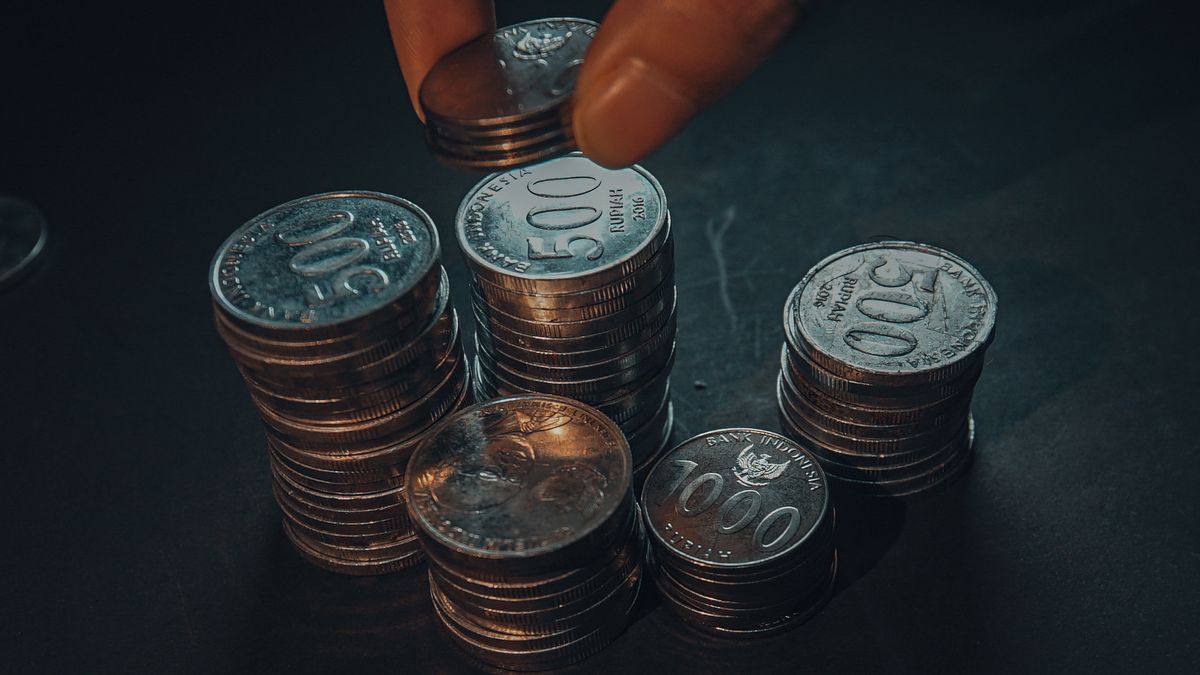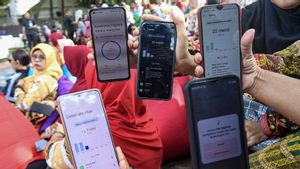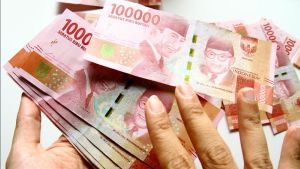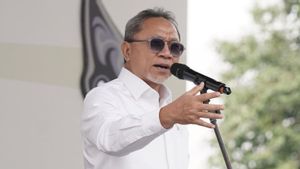JAKARTA - Indonesia's economy still shrank 3.49 percent in the third quarter of 2020, which means that Indonesia has experienced a recession after two consecutive quarters of negative growth.
Many predict that the Indonesian economy will experience slight growth in the fourth quarter of 2020. Although this is good news and hope, we need to look at the trends of each part that shape economic growth first.
We need to know that the government should bear a very heavy burden as evidence of the government's presence in helping people during a pandemic like today. The high level of government consumption can be seen from the realization of state spending in the third quarter of 2020 amounting to IDR 771.37 trillion, an increase compared to the same period in 2019 of IDR 559.97 trillion.
This value is closely related to the National Economic Recovery Program (PEN) and overcoming the impact of the pandemic, including the Family Hope Program, Basic Food Cards, or other cash assistance. However, this expenditure is temporary and cannot support the economy in the long term.
This high government consumption shows a positive growth of 9.76 percent as the only thing currently supporting economic growth, when compared to the previous quarter it was still negative 6.9 percent.
Other main expenditure categories, such as household consumption, Gross Fixed Capital Formation (PMTB), and exports, have not been able to grow positively and contribute to the economy, although they experienced slight improvements compared to the previous quarter.
Based on BPS data in the third quarter of 2020, household consumption is minus 4.04 percent, Gross Fixed Capital Formation (PMTB) or investment is minus 6.48 percent, Consumption of Non-Profit Institutions serving Households (LNPRT) minus 2.12 percent, exports minus 10.28 percent, and imports minus 21.86 percent.
Meanwhile, PMTB grew negatively due to the impact of a decrease in imports and domestic production as well as a contraction in capital goods such as vehicles and other equipment. The structure of the Gross Domestic Product (GDP) in terms of expenditure has not changed much because 88.4 percent of GDP comes from household consumption and investment.
Meanwhile, government consumption contributed 9.69 percent. If these three components are disrupted, then economic growth will also come under pressure.
Seeing this, Ali Tranghanda, CEO of Indonesia Property Watch concluded that the current economic movement is still very vulnerable because it is still supported by the only expenditure, namely government consumption.
"As long as purchasing power is still depressed and only relying on government consumption, the economic condition is still very fragile. We hope that the economic recovery trend will begin to appear in the future, at least in the second semester which will also affect the property business," Ali said in a written statement, quoted on Thursday 10. December.
This is also based on the development of exports which increased during September 2020 by 6.97 percent, which was due to an increase in oil and gas exports by 17.43 percent and non-oil and gas exports which also increased by 6.47 percent.
The increase also occurred again in October 2020 which experienced an increase of 3.09 percent compared to September 2020. October exports were recorded at 14.39 billion US dollars while in the previous month exports amounted to 14.01 billion US dollars. This certainly brings hope for the better.
The English, Chinese, Japanese, Arabic, and French versions are automatically generated by the AI. So there may still be inaccuracies in translating, please always see Indonesian as our main language. (system supported by DigitalSiber.id)









